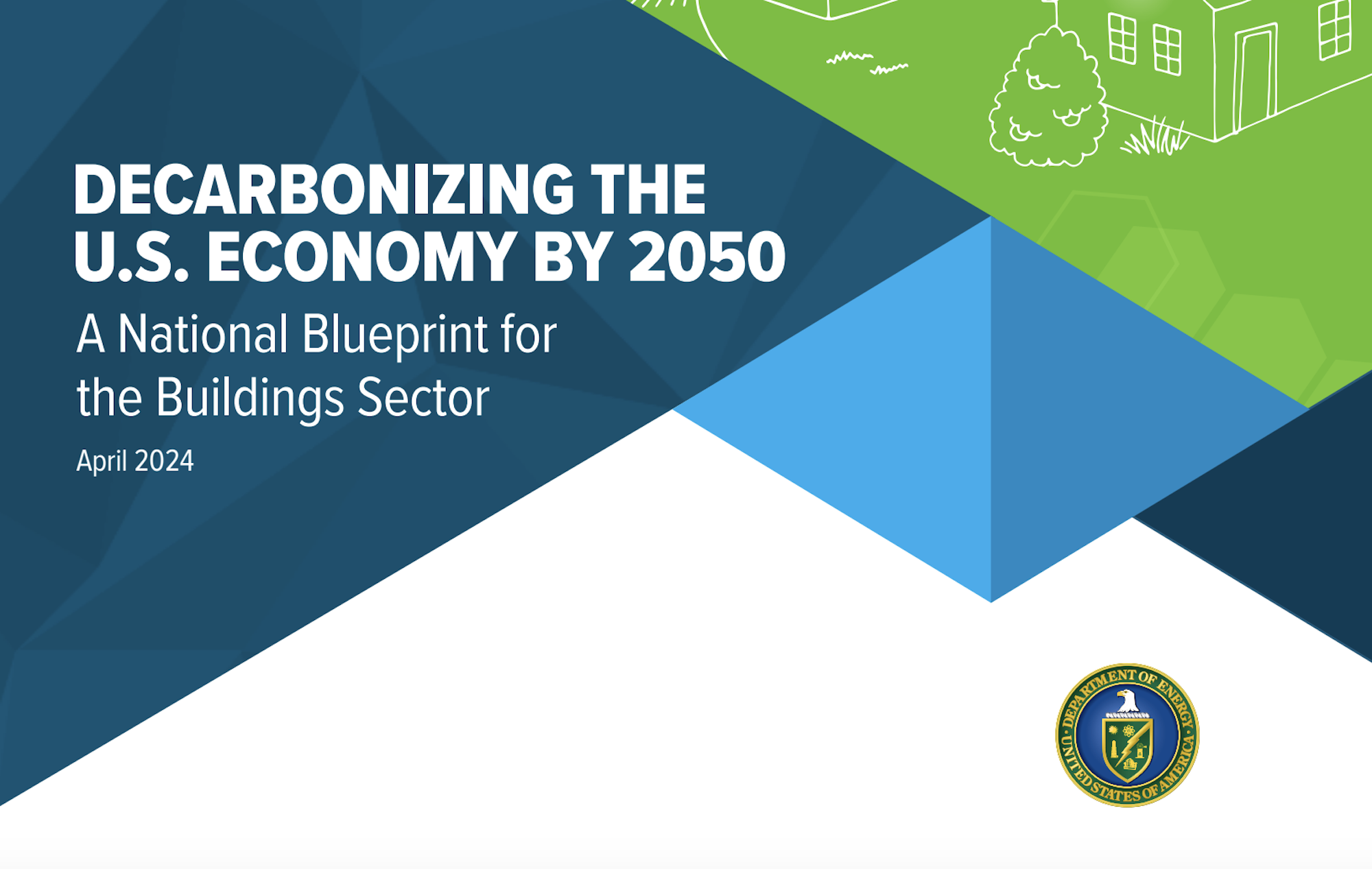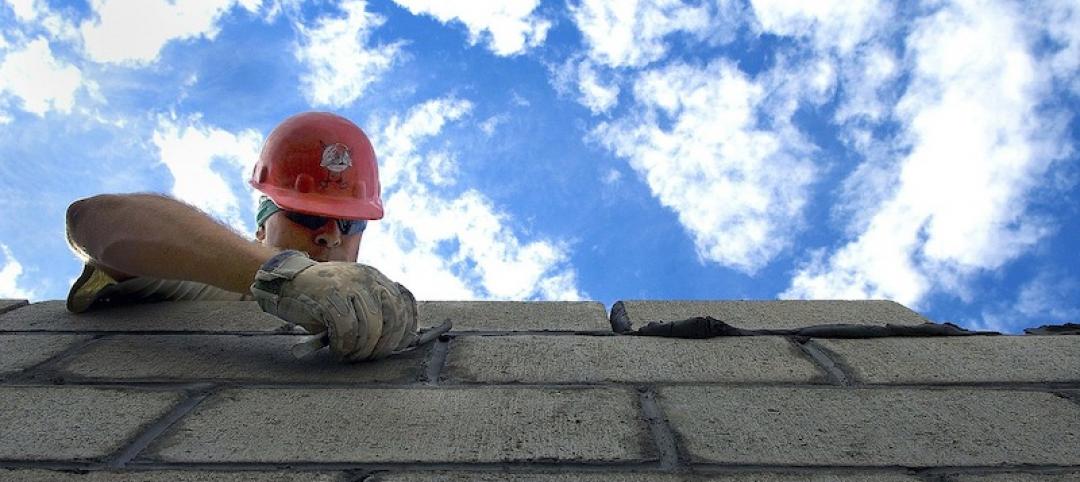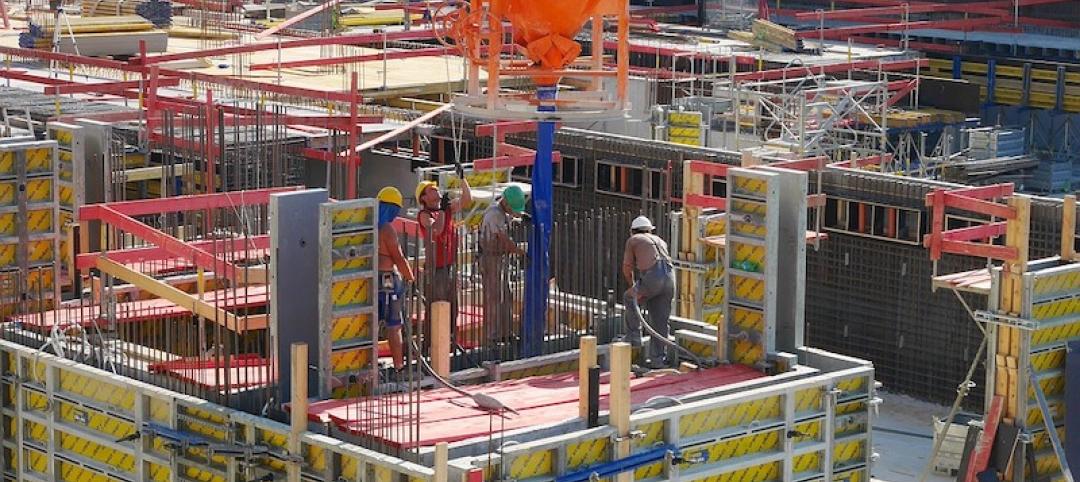The Biden Administration recently released “Decarbonizing the U.S. Economy by 2050: A National Blueprint for the Buildings Sector,” a comprehensive plan to reduce greenhouse-gas (GHG) emissions from buildings by 65% by 2035 and 90% by 2050.
The Blueprint is the first sector-wide strategy for building decarbonization developed by the federal government. It outlines ways to reduce energy in homes, schools, and workplaces.
To reach the emissions reduction targets for the buildings sector, the Blueprint sets four strategic objectives:
• Increasing building energy efficiency
• Accelerating onsite emissions reductions
• Transforming the interactions between buildings and the electricity grid
• Minimizing the emissions from producing, transporting, installing, and disposing of building materials
Each objective has specific performance targets and market, policy, and technology milestones to reach by 2035 and 2050. Meeting these targets will require accelerated deployment of a wide range of decarbonization and energy efficiency technologies. The Blueprint outlines coordinated federal actions that can increase the speed and scale of solutions deployments. Those actions include funding research and development to develop lower-cost technologies, expanding markets for low-carbon technologies, providing direct funding and financing, and supporting the development and implementation of emissions-reducing building codes and appliance standards.
The Department of Energy, a key player in the administration’s decarbonization drive, is focused on building innovations in three pivotal areas: building upgrades, efficient electrification, and smart controls.
Related Stories
Wood | Jul 8, 2019
Campaign launched to promote ‘climate-smart wood’
The Forest Stewardship Council and other groups aim to help buyers understand and make it easier to locate lumber that meets sustainable forestry standards.
Urban Planning | Jul 8, 2019
U.S. cities experience ‘Doppler shift’ in walkable urban development
The walkability trend is spreading to urbanizing suburbs.
Codes and Standards | Jun 27, 2019
Construction workers need continuous skills upgrades
A report by Autodesk and Deloitte focuses on how workers can succeed in an automated world.
Codes and Standards | Jun 27, 2019
Updated standard for liquid applied flashing for exterior wall openings released
AAMA document establishes minimum performance requirements.
Codes and Standards | Jun 27, 2019
Public restrooms being used for changing clothes, phone conversations, and 'getting away'
About 60% of Americans use a public restroom one to five times a week, according to the latest annual hand washing survey conducted by Bradley Corporation.
Codes and Standards | Jun 21, 2019
Green Globes 2019 accepted as a revised American National Standard
Advances include language on resilience, life cycle cost analysis, moisture control analysis, health, and effectiveness.
Codes and Standards | Jun 14, 2019
Reports from Intl. Code Council focus on expanding use of shipping containers as building materials
Three companies show compliance for using containers for housing.
Codes and Standards | Jun 13, 2019
Report explores potential for rope-less and multidirectional elevators in tall buildings
Technology can enable cities to be more interconnected, efficient, and accessible.
Codes and Standards | Jun 12, 2019
USGBC-LA launches Net Zero Accelerator
Goal is to enable building tech market adoption for a net positive future.
Codes and Standards | Jun 11, 2019
BREEAM USA In-Use standard to be released this fall
Will expand to include residential and multifamily for assessment and certification.

















